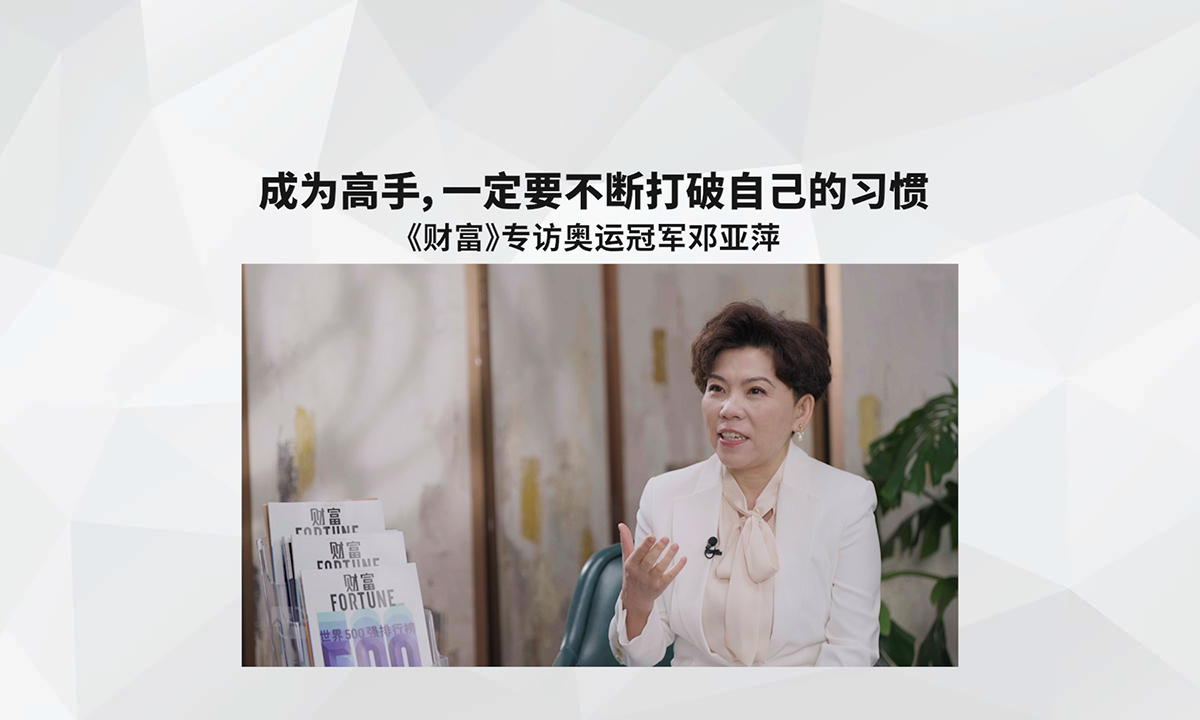"What are you gonna do with that when you grow up?" asked one neighbor... "Open a laundry?"
The prevailing mindset of the day was that China was isolated from the rest of the world, and would remain so for the foreseeable future. The idea that it might become an engine for job creation was far-fetched.
Someone else warned me about possible subliminal communist brainwashing buried in the contents of the Chinese language textbooks: 'be careful, Tom.' This too was a reflection of the cold war attitudes common in those days.
On the other hand, the college counsellor said it would look great on my college applications in a few years' time.
On a personal level, there was something exotic and appealing about studying Chinese, perhaps associated in part with photographs of China and Asia I had seen while growing up, in magazines like "National Geographic" and "Life". The remoteness and mystery of the place stoked my curiosity. Like many of my contemporaries, what was most intriguing about China arose from its rich history, culture, literature and philosophy.
There wasn't much of a job market awaiting graduates with Chinese skills, but it seemed logical to me that this would eventually change, and that we would need people capable of engaging in conversation with this giant, important country.
I became interested in writing at an early age. I worked for the high school paper, and over time developed the notion of combining my interest in writing with my interest in China. At the time this seemed a long shot, since no American journalists -- or business people for that matter -- enjoyed access to the Chinese mainland.
I still recall clearly the first day of Chinese class, in 1968. Our teacher was a soft spoken Chinese priest from Taiwan. After a brief introductory talk, Father Zhang played some Chinese language tapes for us on a reel to reel tape recorder. There were 24 of us in the classroom that first day. As soon as he turned on the tapes, we all collapsed into hilarious gales of laughter in response to the sound of Chinese being spoken, not to mention the preposterous notion that we were going to learn how to imitate, emulate, or mimic that imponderable sing-song gibberish. Starting the next day, there were 12 of us in the classroom. The other 50% dropped out after one day.
In my second year, we had a new Chinese teacher, Mr. Guo, a layman, also from Taiwan. He had literally just arrived in the United States. By now, we survivors of first-year Chinese were battle-hardened veterans, and quickly sized up our new teacher as innocent, gullible, and unfamiliar with either American culture or our school rules and regulations. Unfortunately this was a powerful invitation for the mischievous streak in each of us 17-year olds, and we took mighty advantage of Mr. Guo. Some examples:
• One Friday early in the semester, Mr. Guo announced there would be a test the following Monday. One of my classmates raised his hand and politely protested, saying that, in America's democratic tradition, scheduling a test was normally achieved by a vote rather than by autocratic decree. Mr. Guo accepted the suggestion, and a prolonged voting process ensued, with ties, run-offs, and time-consuming debates. Of course we eventually had the test, but at least managed to delay it for a few days.
• A few weeks later, Mr. Guo announced the mid-term exam would be held the following Wednesday. The same classmate spoke up, saying that would be an inappropriate choice of date for the big test, due to the fact that Wednesday was an important traditional holiday in America. Mr. Guo asked which holiday it was, to which the chap responded with spontaneous creativity: "National Fruit Day". He then spun a colorful, completely spurious tale about the origins of this holiday and how it is celebrated in many classrooms with special costumes and ritual games involving various items of fruit. And that was exactly what came to pass on the Wednesday, rather than our mid-term exam, which was delayed a few days.
• One of our classmates was a tall, lanky chap who I shall refer to as "John B". He was chronically absent from Chinese class, more likely to be found hanging out in the parking lot smoking cigarettes. Mr. Guo finally became impatient with John B's absentee record and told us that he planned to inform the school authorities of the problem. One of John B's running mates implored Mr. Guo not to do that. "Why not?" asked Mr. Guo, "He never comes to class". The chap responded: "He has a troubled family situation. His wife has just given birth to another child -- their third -- and he is working part-time jobs to stay in school." Mr. Guo was shocked to hear that 17-year old John B was already a father of three. The instigator then produced three random baby pictures which he had collected. Of course, none of them bore any relation to John B, who continued his absentee status.
And so it went. Years later, as I reflected on some of the surprises which awaited me after I moved to Hong Kong, it seemed to me there were some patterns of karmic payback for our mischief in those days. There is a moral to this story! Please take note.
When it came time for college applications, my short list consisted of universities with good Chinese studies as well as international relations programs.
Undergraduate years
I enrolled in Princeton and was attracted by the East Asian Studies Department's program, which I chose as my major. My course work in Asian studies concentrated on Chinese language and literature, and I benefited enormously from the extraordinarily gifted and dedicated faculty of the department, for which I am extremely grateful.
I chose education as my minor field of study and later applied for certification from the State of New Jersey as a teacher of Chinese at the secondary level. The process required applicants to be observed and evaluated in a classroom setting by a teacher certified in the same subject, but since I was the first to apply for certification in Chinese language teaching at the secondary level, there was no certified teacher available to observe me. The authorities wisely determined that I was probably best qualified to observe myself, and in the end, that's what was agreed: I was required to observe myself in the classroom. I gave myself high marks.
I also studied Sanskrit, and gave serious thought to continuing my studies at the graduate level with a focus on comparative philosophy and religions of ancient China, Greece and India. On the other hand, I was anxious to spend time living in Asia, immersed in a Chinese language environment.











